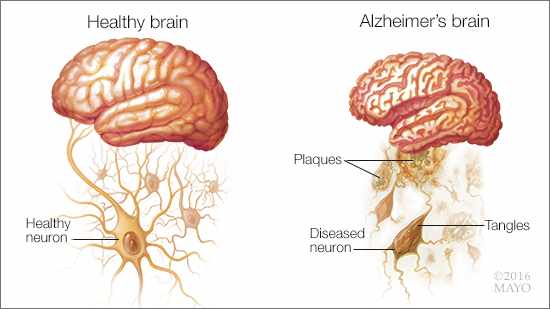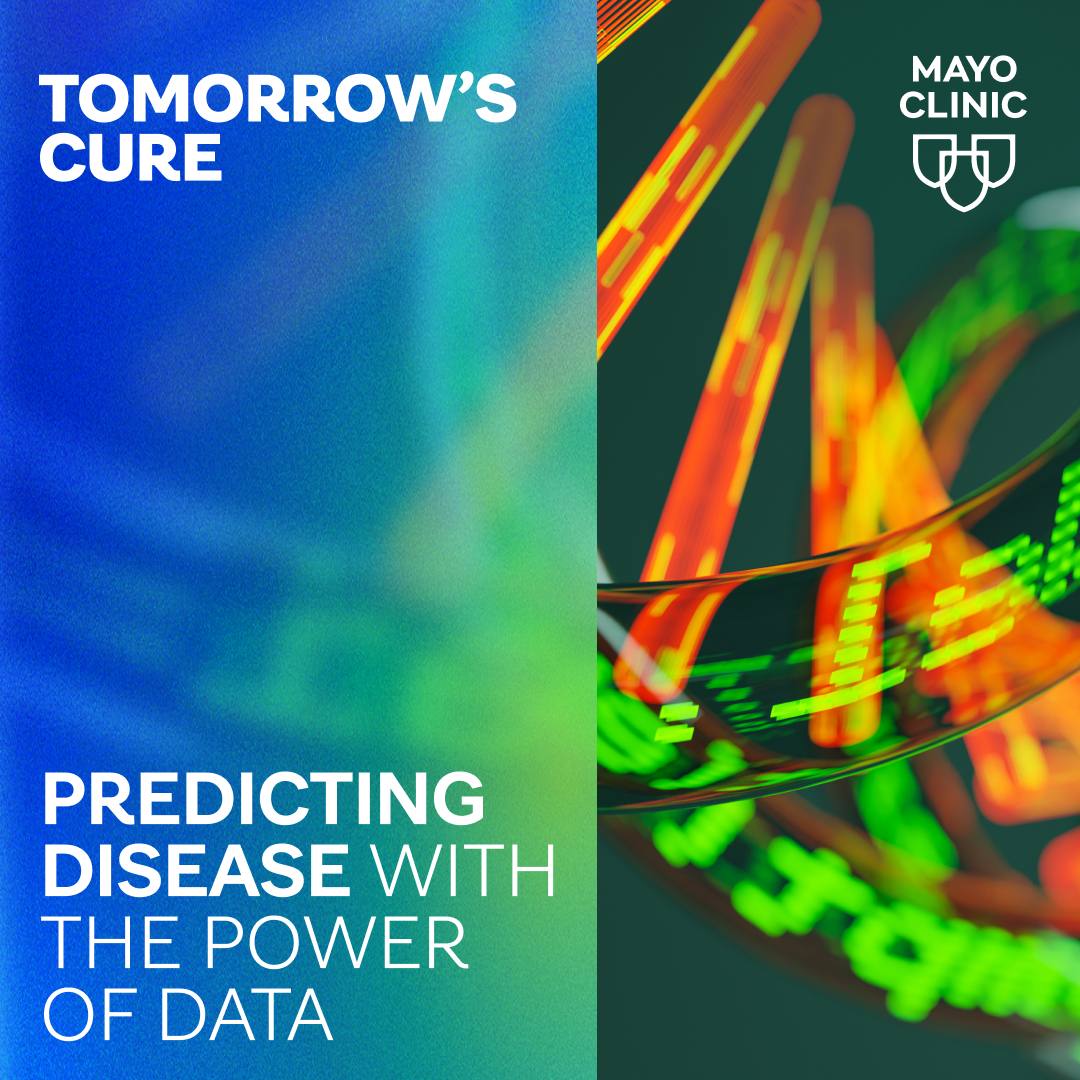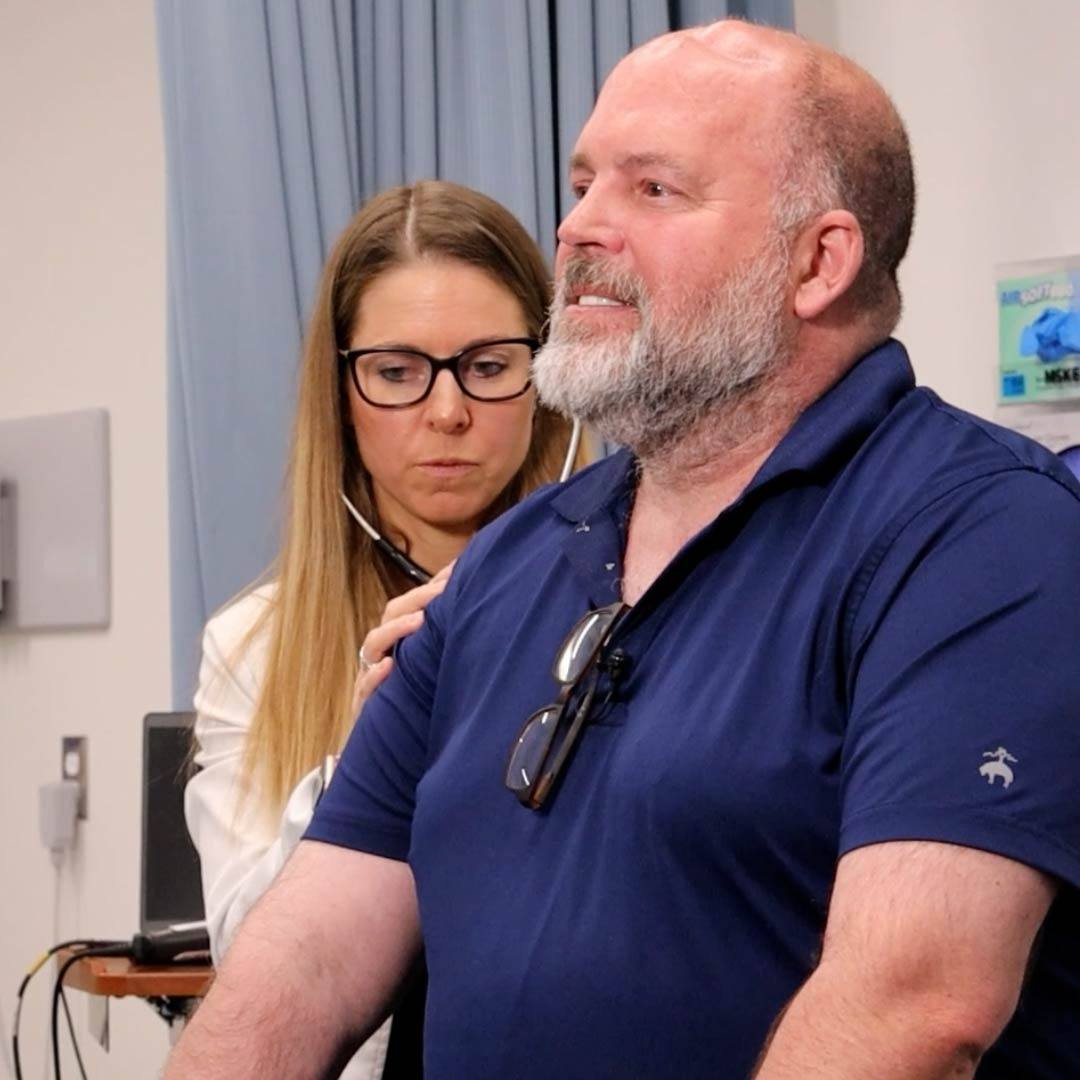
Introducing hormone treatment for women in early stages of menopause might help decrease their risk of dementia or Alzheimer's disease.
For women, a drop in hormones during midlife may have some influence on developing dementia or Alzheimer's disease. Also, general brain volume gradually declines with advancing age, but the decline is faster in people who experience more cognitive decline.
"So, preserving brain volume during middle age, particularly in women as they transition into menopause, may protect against dementia and delay the occurrence of Alzheimer's symptoms," says Dr. Kejal Kantarci, a radiologist in the Division of Neuroradiology at Mayo Clinic. She studies how the brain changes with aging and how brain diseases affect those changes. Dr. Kantarci says imaging can provide a window into the changes, decades before someone begins to show clinical symptoms of Alzheimer's or dementia.
"Preserving brain volume during middle age, particularly in women as they transition into menopause, may protect against dementia and delay the occurrence of Alzheimer's symptoms." - Dr. Kantarci
She says, "With hormone therapy in our study, we observed that the women who took the hormone therapy had a slower rate of brain changes, whereas women who did not take hormone therapy had a faster rate of brain changes; therefore, our conclusion was that perhaps hormone therapy given in the middle ages may slow brain volume changes and perhaps help prevent dementia in the future."
Dr. Kantarci adds,"Certainly more time and research are needed before we know whether hormone therapy regimens are preventing dementia in women. In the meantime, imaging techniques can be used to determine whether women using hormone therapies during the menopausal transition are receiving any brain benefits."
Journalists: Broadcast-quality sound bites with Dr. Kantarci are in the downloads.
"Hormone therapy is currently used to alleviate menopausal symptoms and it is not used as a therapy to prevent Alzheimer’s disease or dementia," says Dr. Kantarci. "However, we have received a grant to look at changes in a larger group of women in multiple academic centers. When we complete that study, we may have more definitive answers about whether hormone therapy may be important in prevention of Alzheimer’s disease-related brain changes."
"We observed that the women who took the hormone therapy had a slower rate of brain changes, whereas women who did not take hormone therapy had a faster rate of brain changes; therefore, our conclusion was that perhaps hormone therapy given in the middle ages may slow brain volume changes and perhaps prevent dementia." - Dr. Kejal Kantarci
Dr. Kantarci says, "We can’t say that aging leads to dementia, just as we would not say menopause leads to dementia. Dementia risk depends on many different factors, family history, genetic makeup, what a person is exposed to during life, how healthy they live their life. All of these factors are important in the risk of dementia. But all women go through menopause, so we can’t say that it’s necessarily a dementia-causing factor."

Dr. Kantarci adds, "We have been looking at the effects on the brain for different treatments and what we've been finding is that the patch formulation appears to have more favorable effects on the brain, but I would like to emphasize that the data is in a very small group of women, and we are now looking at a larger group of women to confirm our findings."








